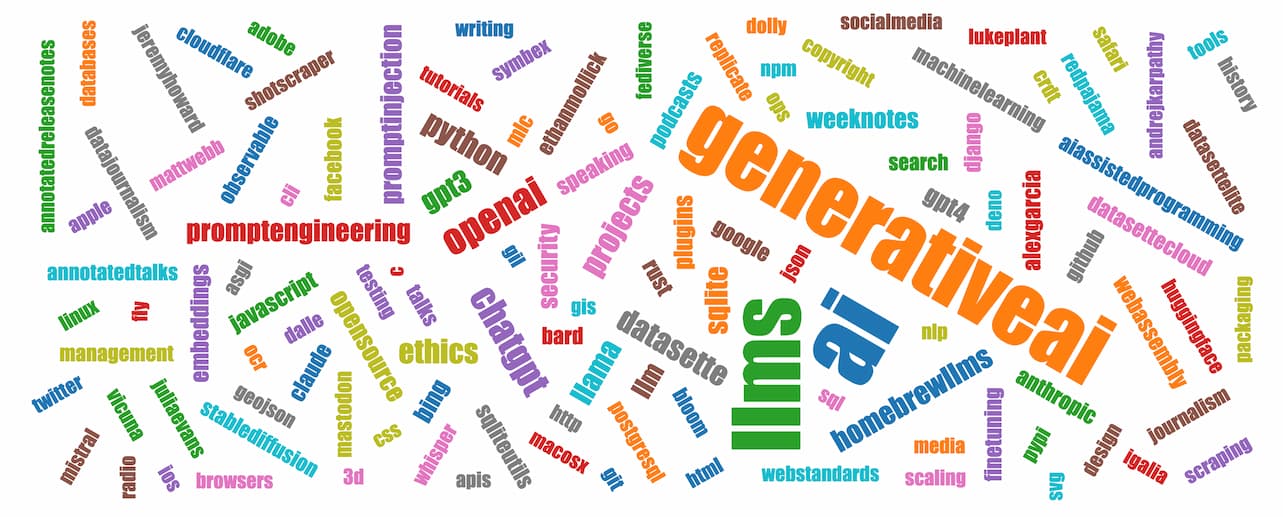Sunday, 31st December 2023
iSH: The Linux shell for iOS (via) Installing this iOS app gives you a full Linux shell environment running on your phone, using a “usermode x86 emulator”. You can even install packages: “apk add python3” gave me a working Python 3.9 interpreter, installed from the apk.ish.app repository.
I didn’t think this kind of thing was allowed by the App Store, but that’s not been the case for a few years now: Section 4.5.2 of the App Store guidelines clarifies that “Educational apps designed to teach, develop, or allow students to test executable code may, in limited circumstances, download code provided that such code is not used for other purposes.”
How ima.ge.cx works (via) ima.ge.cx is Aidan Steele’s web tool for browsing the contents of Docker images hosted on Docker Hub. The architecture is really interesting: it’s a set of AWS Lambda functions, written in Go, that fetch metadata about the images using Step Functions and then cache it in DynamoDB and S3. It uses S3 Select to serve directory listings from newline-delimited JSON in S3 without retrieving the whole file.
Last weeknotes of 2023
I’ve slowed down for that last week of the year. Here’s a wrap-up for everything else from the month of December.
[... 481 words]datasette-plot—a new Datasette Plugin for building data visualizations. I forgot to link to this here last week: Alex Garcia released the first version of datasette-plot, a brand new Datasette visualization plugin built on top of the Observable Plot charting library. We plan to use this as the new, updated alternative to my older datasette-vega plugin.
There is something so vulnerable and frightening about doing your own thing, because it’s your fault if it doesn’t work. And then there’s this other kind of work, where you’re paid an extraordinary amount of money, you’re the hero before you walk in the door, you’re not even held that accountable, because you have a limited amount of time, and all you can do is make it better.
Stuff we figured out about AI in 2023
2023 was the breakthrough year for Large Language Models (LLMs). I think it’s OK to call these AI—they’re the latest and (currently) most interesting development in the academic field of Artificial Intelligence that dates back to the 1950s.
[... 2,974 words]